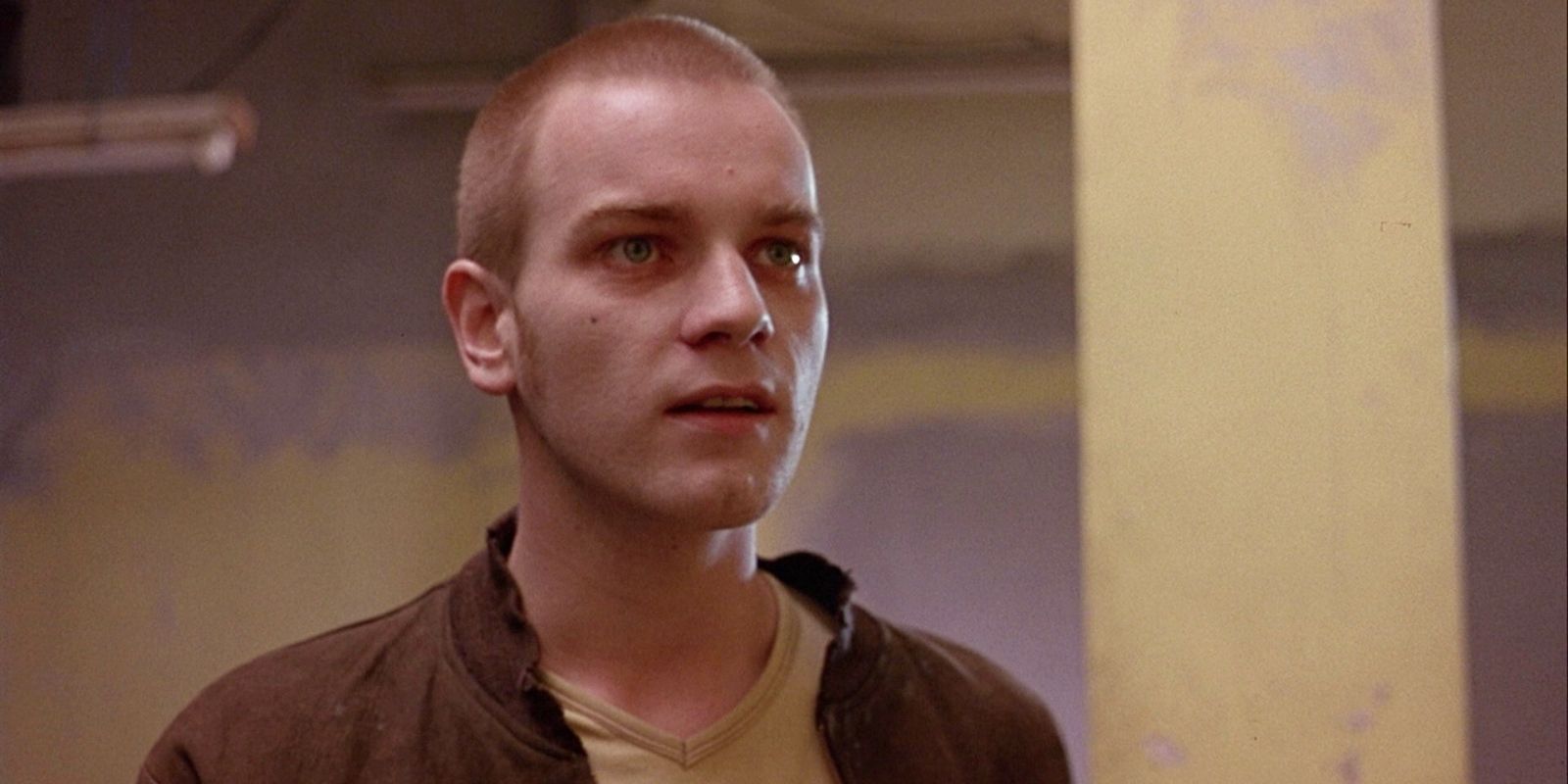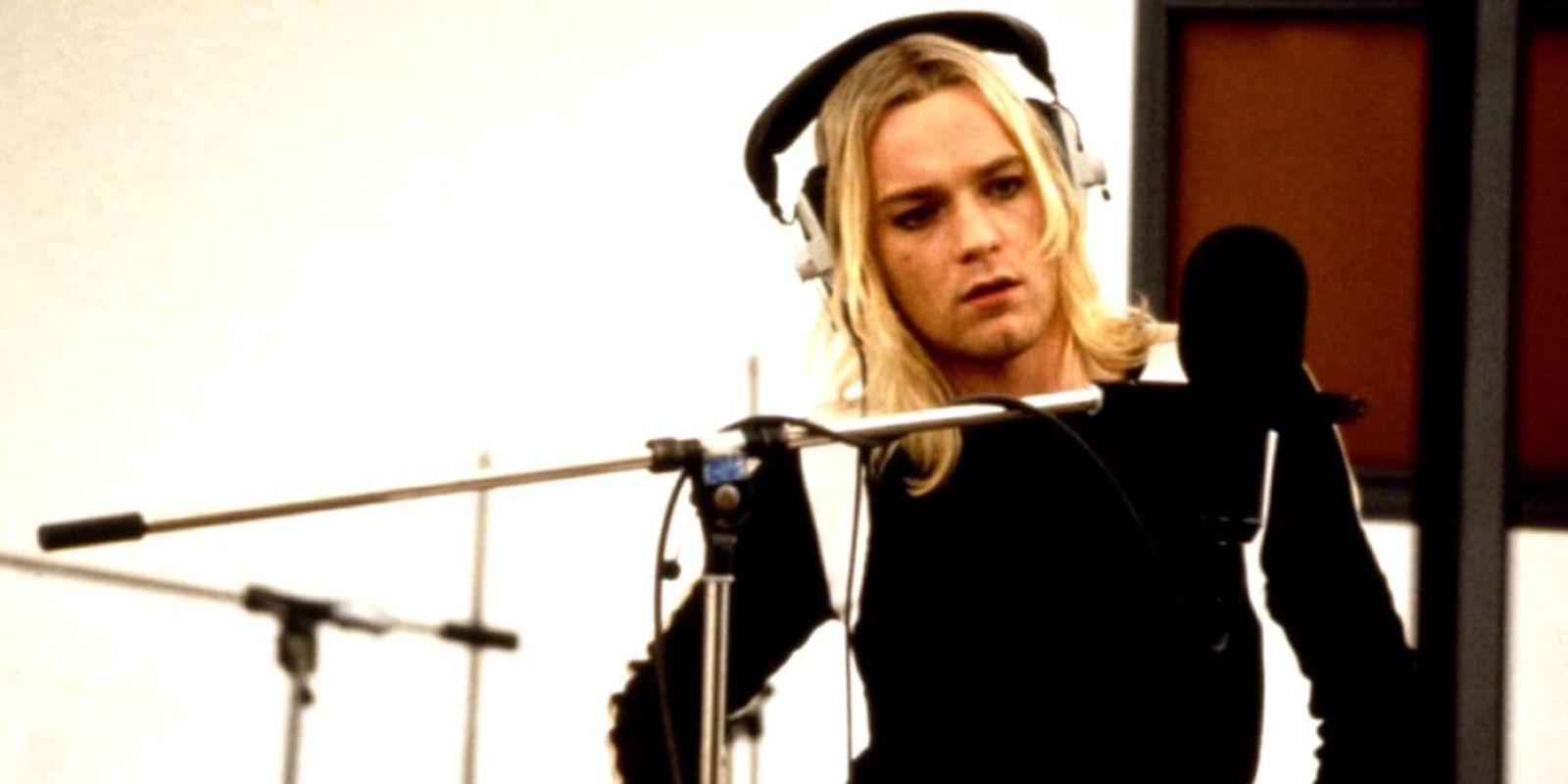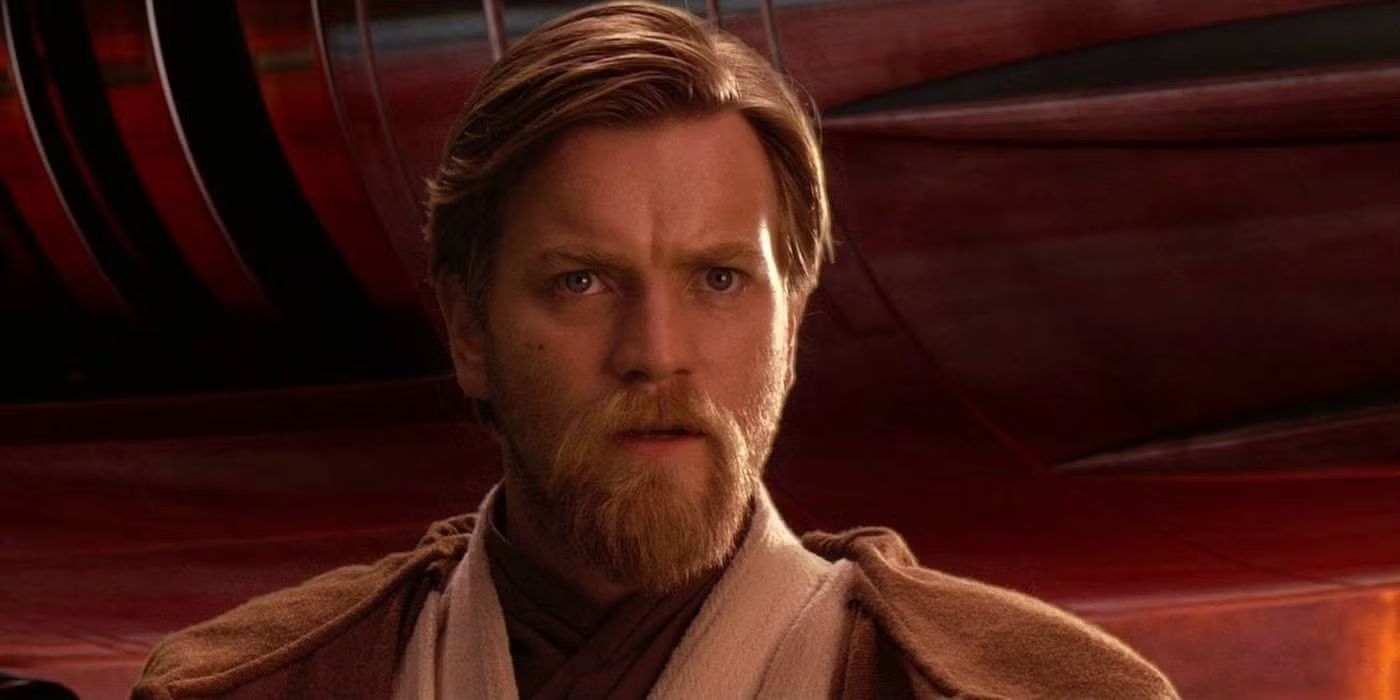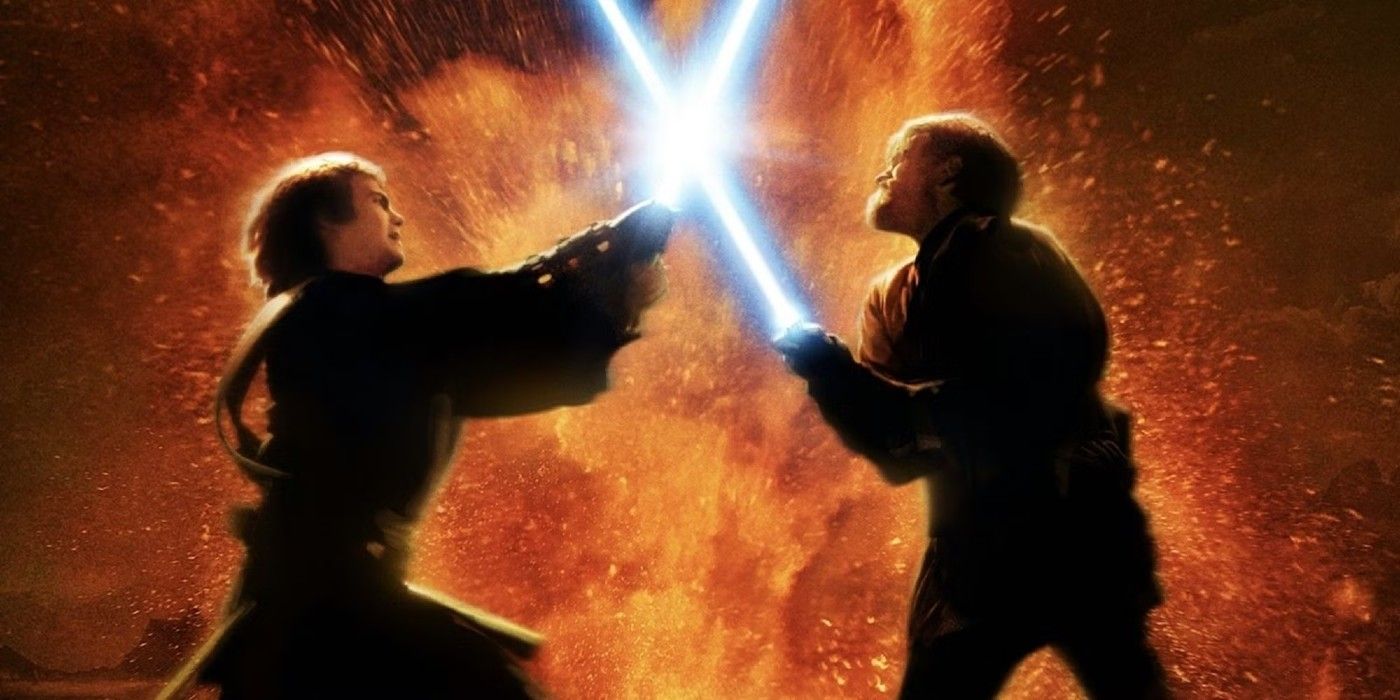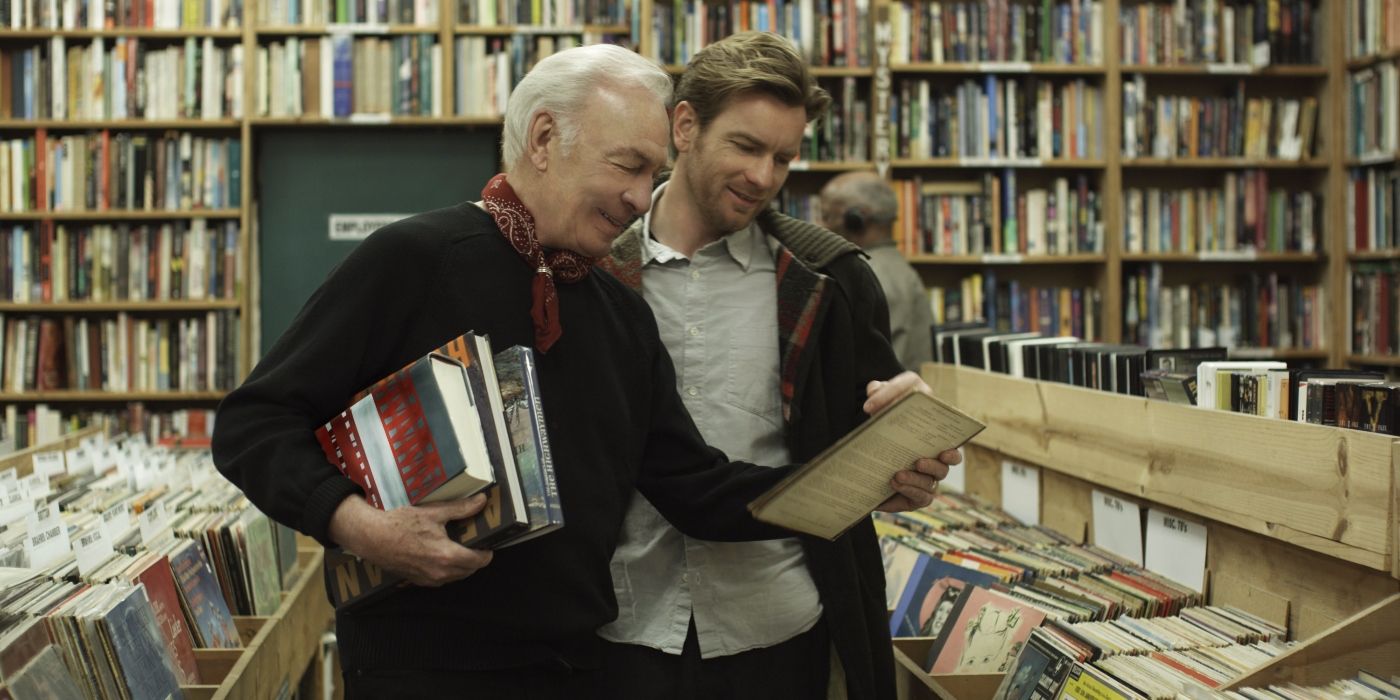If you know Ewan McGregor for one thing, it’s probably Star Wars. He was the young version of Obi-Wan Kenobi and a reliably great presence in the prequel trilogy, which was a bit spotty in terms of quality. That being said, one prequel was pretty great. But that’s jumping the gun a bit. That film’s time will come, in a few hundred words. Those movies made McGregor recognizable, but he’s done so much more than play a version of a character first portrayed by Alec Guinness in the original film, way back in 1977. Ewan McGregor has proven reliably great in comedic movies, dramas, blockbusters, a disaster movie (The Impossible), a musical (Moulin Rouge!), and even a comic book film (the messy but perhaps underrated Birds of Prey).
His work on Fargo is probably also worthy of an honorable mention, but not a proper place on the ranking to come, since that’s an anthology series, rather than a movie. But he played a pair of twins in the third season of that show, and did so surprisingly well, so that’s something. As for his movies, it was the silver screen where he first started to get attention in the 1990s, and that’s the zone, entertainment-wise, he’s largely remained in the years since. He’s been in a good many good movies, a handful of not-so-great ones, and then a small – but still worth acknowledging – number of great movies. Those great movies are outlined below and, for the genres they belong to, they’re pretty close to masterful, ranging from an unusual music/drama film, a tragic space opera, a bittersweet romantic dramedy, and an uncompromising (and sometimes darkly funny) drama about addiction.
4
‘Velvet Goldmine’ (1998)
Directed by Todd Haynes
There’s a bit of a struggle involved with first defining Velvet Goldmine, and then trying to sell someone on why they should watch Velvet Goldmine, and the movie is, as a whole, weird and more than a little niche. But largely in good ways. Essentially, it’s kind of like a music biopic, except it’s not about actual musicians, meaning liberties can be taken to greater extents without offending real-life people or annoying fans of real-life musicians who might otherwise want accurate biographical movies. Here, Todd Haynes kind of – but not really – makes a movie about various musicians, giving the lead characters characteristics of a few different ones. Brian Slade, played by Jonathan Rhys Meyers, feels more than a little David Bowie, and perhaps somewhat comparable to Bryan Ferry (of Roxy Music fame) and Marc Bolan (of T. Rex) at other points, too. Then, there’s Ewan McGregor’s Curt Wild, who’s most like Iggy Pop, but is also a bit like Lou Reed at times.
And if you like glam rock and/or 70s pop/rock/punk, you’ll probably be aware that Lou Reed, Iggy Pop, and David Bowie all knew each other and/or sometimes collaborated, so Velvet Goldmine feels a little like cinematic fan fiction; a way to get recognizable legends of the music world, at this time, to interact and do wild things together. And the approach taken means that no real-life person can technically be hurt by the on-screen depictions, and so Haynes – along with his cast – all kind of just have fun with it. As for the plot of Velvet Goldmine? Nah. There is no plot. It’s just an experience, it’s supposed to be kind of trippy and overwhelming, and it’s admirably unlike much else out there. Even if you don’t love every minute, you’re unlikely to ever forget the film entirely, even long after the end credits have finished rolling.
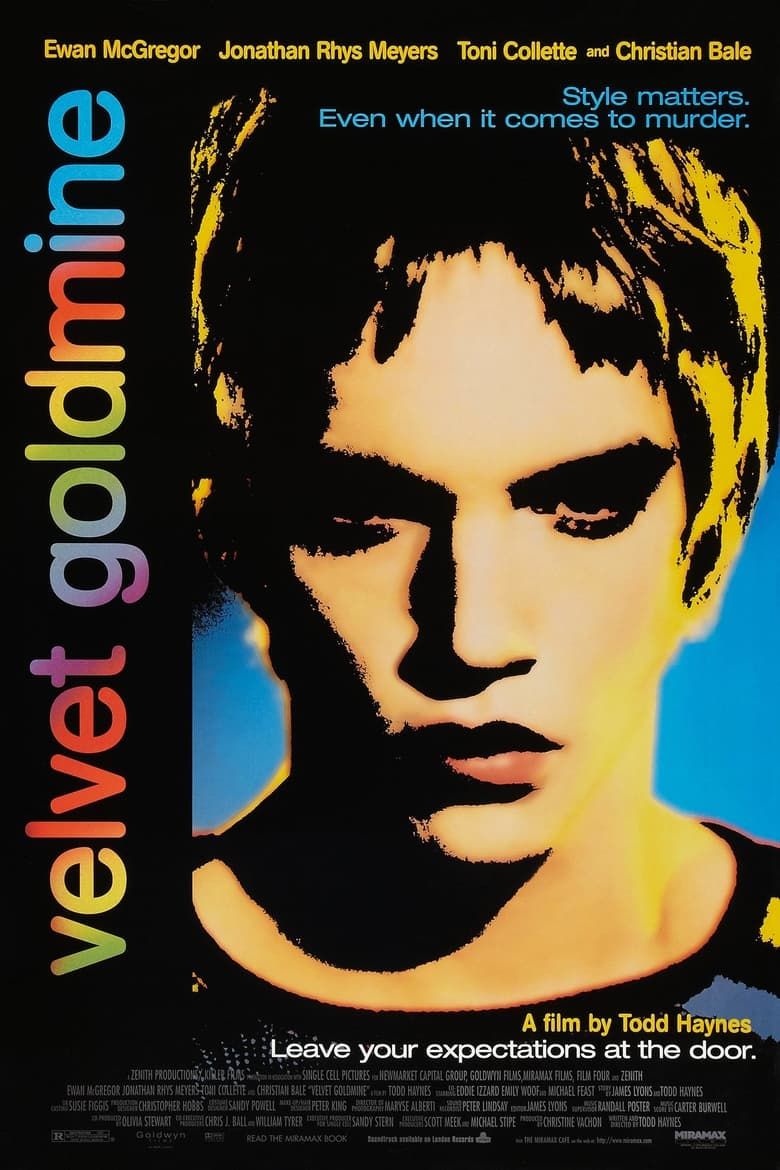
- Release Date
-
August 28, 1998
- Runtime
-
123 minutes
- Producers
-
Bob Weinstein, Christine Vachon, Christopher Ball, Harvey Weinstein, Michael Stipe, Sandy Stern, Scott Meek
3
‘Star Wars: Episode III – Revenge of the Sith’ (2005)
Directed by George Lucas
If you want to remember which prequel Revenge of the Sith is, the easiest way to do it is by remembering that it’s the only good one *starts to get booed out of room, somehow, even though this is just text on a web page* hey, come on, hold on *booing dips in intensity only a little* Attack of the Clones… like, it’s a necessary part of the story, all right? That can be admitted *booing blissfully, albeit briefly, stops* but come on, most of the individual scenes are boring *booing, like a Jedi at the end of the original trilogy, returns* but The Phantom Menace? The Phantom Menace, okay… It’s okay; over-hated. That can be agreed *sudden stop to booing, borderline-nods of appreciation* There are some good parts, there. You have to get through some boring parts, but quite a bit works in The Phantom Menace *booing is on the cusp of commencing once more* Especially when you compare it to Revenge of the Sith, which concludes the trilogy, and hits all the beats it needs so much more efficiently than the other two *quiet murmurs have replaced boos; imaginary crowd seems fittingly sedated for now*
Also, as Obi-Wan, Ewan McGregor is particularly good, having grown into the role immensely, to the point where he can reliably steal just about any scene he’s in.
It’s true, though. Revenge of the Sith dials up the theatrics beyond what one might expect to see in a theatrical space opera, and it goes for all-out tragedy. It feels right to have the darkness hinted at in the earlier two films pay off fully here, and everything that goes down helps explain the dire state of the galaxy at the start of Star Wars (1977). Also, as Obi-Wan, Ewan McGregor is particularly good, having grown into the role immensely, to the point where he can reliably steal just about any scene he’s in, even those that have him acting against a blue-screen with computer-generated characters who won’t be properly added until long after the cameras have stopped rolling. Anyway, Revenge of the Sith. It’s good. Lots of people have come around to it more. It gives the prequels a reason to exist. Great music, as you’d probably expect, too.
2
‘Beginners’ (2010)
Directed by Mike Mills
While Ewan McGregor is great in Beginners, it is a movie that ultimately belongs to the legendary Christopher Plummer. The film sees Plummer playing the father of McGregor’s character, and the movie revolves around this father discovering certain things about himself – and his sexuality – at an unexpectedly late point in his life. Granted, a good deal of this plays out in flashback, but it’s still the dramatic throughline of the story, though Beginners isn’t just a drama, since there’s a gentle sense of humor here, and a couple of explorations of love. Plummer’s character finds someone new to love, and so too does McGregor’s character fall in love, albeit after the revelations surrounding his father.
Hey, there would be ways to mishandle a movie with a premise like this, but thankfully, Beginners is always concerned with empathy and handles everything at hand quite carefully. It’s a genuinely sweet film that successfully navigates a wide range of emotions throughout, keeping the number of characters pretty low while giving sufficient time to all the important ones in a movie that ultimately doesn’t overstay its welcome. Beginners is more underrated than some of the films on either side of it in this ranking, but that doesn’t mean you should overlook it the way some other people might’ve… in the instance that you’ve not already seen it. But if you have… cool. Congrats. Can always watch it again though, maybe? It’s very good.
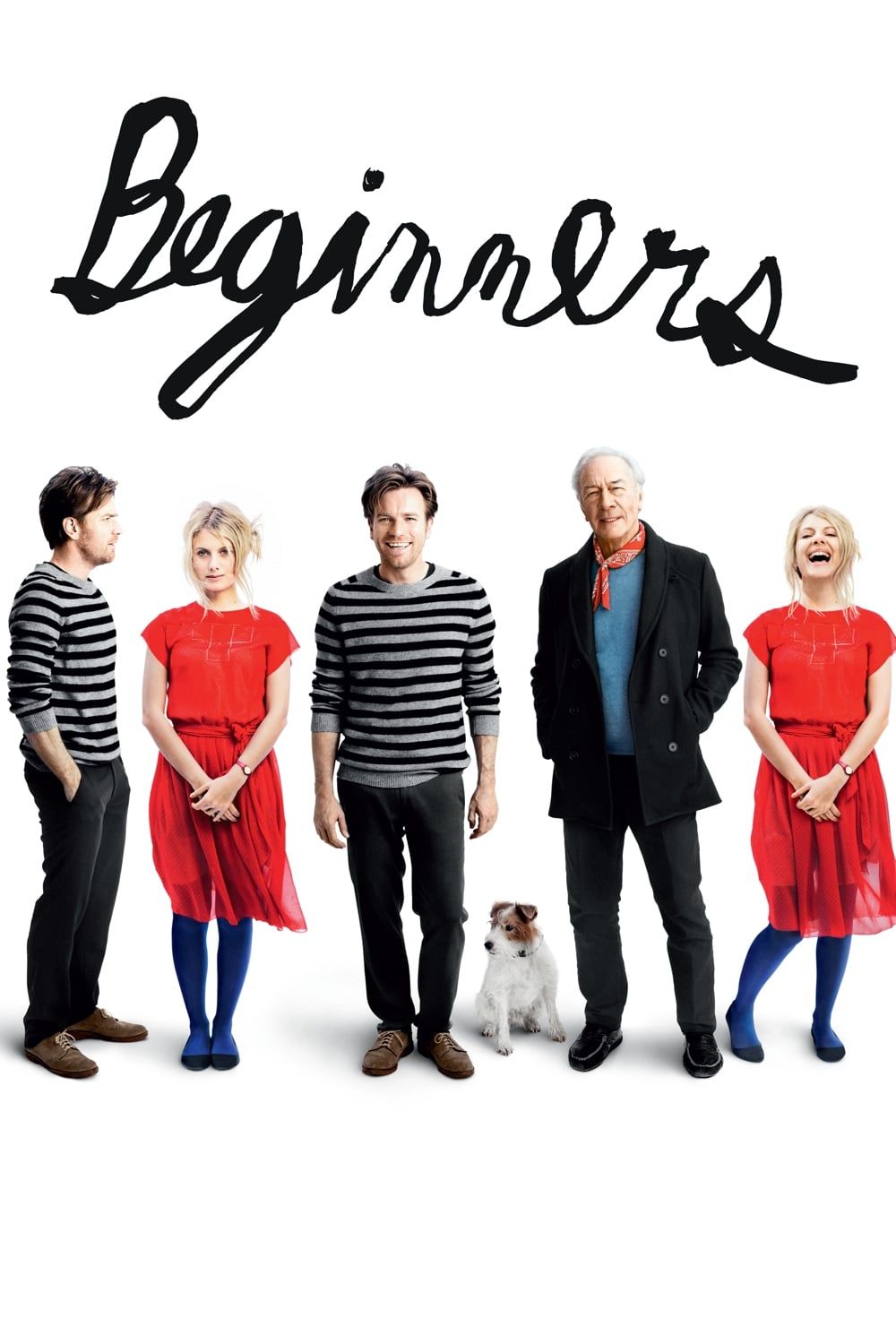
1
‘Trainspotting’ (1996)
Directed by Danny Boyle
Trainspotting wasn’t the first time that Ewan McGregor worked with Danny Boyle, given that the two collaborated quite successfully in 1994’s Shallow Grave. That film was also pretty down-and-dirty and darkly funny, but Trainspotting was something else; a supremely more confident film from both Boyle and McGregor. The former directed the whole thing with a very kinetic style that kind of became his signature look (well, the spirit of being punk, anarchic, and chaotic became something of a Boyle trademark), and the commitment McGregor conveyed while playing his character here proved staggering, too. As Renton, he plays a young man whose life is basically controlled by his heroin use. He spends time trying to experience the highs he’s always chasing, and then when he’s not feeling euphoric, he’s battling withdrawals, thinking about getting clean, or trying to come up with another way to keep chasing.
It’s a film that gives this feeling of cycles more than just about any other, and in Trainspotting, that cycling structure is sometimes funny, sometimes alarming, and sometimes soul-crushingly sad. It’s a movie about addiction that looks at the upsides of feeling incredibly good in as much detail as it shows what it looks like when things go bad. In a way, then, it’s actually very nuanced for a movie that looks at drug addiction, and it does also have more on its mind than just drugs. It does a great deal in not much by way of screen time (only 90-ish minutes, in the end), and though parts of it can be challenging to sit through, it does provide an immensely rewarding, eye-opening, engaging, and singular viewing experience.
